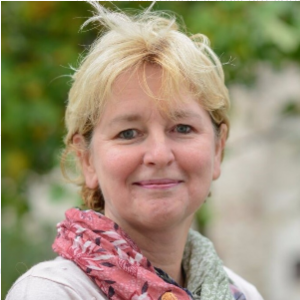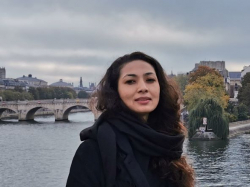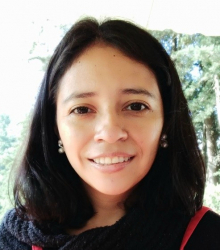Session 7: Combatting Predatory Academic Journals and Conferences: The vital role of senior and young academies
The IAP report Combatting Predatory Academic Journals and Conferences was published in March 2022, as the culmination of two years' work by an international expert working group, drawn from nominations by IAP member academies, the GYA and ISC. It is available in full and summary versions here, the latter in seven languages (Arabic, Chinese, English, French, Portuguese, Russian and Spanish). At the time, it was the most comprehensive and inclusive report on this issue: it may still be.
Predatory academic journals and conferences are those that solicit articles and abstracts from researchers through deceitful or misleading practices that exploit the pressure on researchers to publish and present their work. Motivated purely by profit, rather than scholarship, their practices include rapid pay-to-publish models with little or no peer review, fake editorial boards falsely listing respected scientists, fraudulent impact factors, hijacked titles and aggressive spam invitations. These practices are on the rise and becoming increasingly sophisticated, making it difficult to distinguish them from low quality and unethical ones.
If left unchallenged, these practices risk polluting the global research enterprise (with serious implications for research quality and integrity), wasting research funding, derailing research careers, and compromising evidence-based policy decisions. They may also serve to widen the research gap between higher and lower income countries, and further exclude scholars in less privileged research communities.
Consequently, the IAP report sets out practicable recommendations to multiple stakeholders that collectively make up a coherent, systemic global strategy for addressing these damaging and pervasive practices. This includes IAP and its member academies.
Recommendations for IAP and its member academies can be grouped into:
• The academies as *advocates*: implementing those recommendations that raise awareness of predatory academic practices in recognition that most academicians serve as (i) mentors and supervisors of junior colleagues; (ii) leaders of Higher Education Institutions; (iii) board members of funding, publishing etc governance bodies; and (iv) advisers to policymakers.
• The academies as *exemplars*: implementing those recommendations that require an institutional culture change in (inter)academy business – refreshing their membership, awards, publishing, and conferencing practices, and leading by example.
• The academies as *innovators*: implementing those recommendations that encourage IAP and its member academies to help address the systemic drivers of predatory practices (curbing the commercialisation of research, reforming research evaluation, and strengthening the peer review system).
• The academies as *collaborators*: implementing those recommendations that require IAP to support already established campaigns for open science (being led by, for example, UNESCO), the future of scientific publishing (being led by, for example, ISC) and the reform of research assessment (being led by multiple bodies like DORA and the EU Commission).
The session will highlight important learning from this study and reflect on how IAP and its member academies are responding to these recommendations. This will include case studies from some of the senior and young academies the study was fortunate enough to be able to fund to help them raise awareness of predatory practices in their own national and regional context.
Watch the video recording of the session here:
Primary session organizer: Tracey Elliott, IAP Project Director, UK





